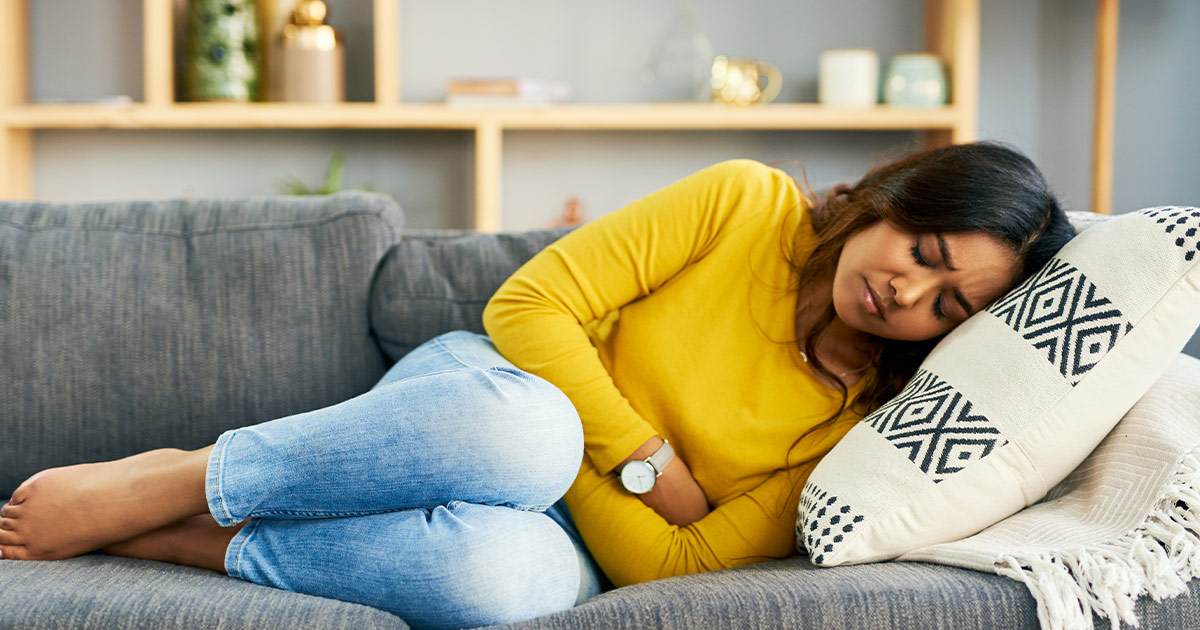Menstruation is a natural process that accompanies the lives of most women. However, for many people, this period can become a real test due to pain and discomfort. It's important to take care of yourself and find effective ways to relieve this monthly affliction. In this article, we will look at eight proven methods that will help alleviate pain and improve overall well-being during menstruation.
1. Heat therapy: Pain relief with hot compresses and baths
One of the simplest and most effective ways to relieve dysmenorrhea (pain during menstruation) is to use heat therapy. Hot compresses on the lower abdomen can reduce muscle tension and pain. Also, relaxing baths with warm water helps relax muscles and improve blood circulation. Just soak in the bath or apply a hot compress on your stomach for 15-20 minutes, and you will feel the desired relief.
2. Physical activity: Improving well-being through moderate exercise
Physical activity can be a great way to manage period pain. Moderate exercise, such as walking, yoga, or swimming, helps boost the production of endorphins, the body's natural painkillers. Regular exercise can also reduce stress levels and support overall physical and emotional well-being. It is important to choose exercises that are enjoyable so as not to create additional discomfort.
3. Eating well: The effect of diet on menstrual pain
Eating right can make a big difference in relieving period pain. Eating healthy foods in moderation, such as fruits, vegetables, whole grains, and calcium-rich foods, helps reduce inflammation and pain levels. At the same time, you should limit your intake of caffeine, salt, and sugar, as they can aggravate symptoms.
4. Meditation and relaxation: Calming practices for reducing stress
Stress can increase pain during menstruation. Practicing meditation, deep breathing, and relaxation can help relieve stress and improve your overall emotional state. Regular meditation sessions help balance the nervous system, which can make menstruation more bearable.
5. Natural remedies: Herbal teas and essential oils for pain relief
Some natural remedies can also help relieve dysmenorrhea. Herbal teas with Chamomilla, lemon balm, or ginger can have a calming effect on the body. Also, using essential oils such as lavender or lemon balm for aromatherapy can promote relaxation and pain relief.
6. Sleep and rest: A key factor in pain relief
Lack of sleep can worsen pain and overall health during menstruation. Regular good sleep helps restore the body and improve its protective functions. Therefore, it is important to devote sufficient time to sleep and provide comfortable conditions for rest.
7. Acupuncture and acupressure: Traditional methods for pain relief
Acupuncture and acupressure are traditional techniques that can be effective in relieving menstrual pain. Acupuncture involves inserting fine needles into specific points on the body to stimulate energy meridians. Acupressure is massage and pressure on certain points without the use of needles. Research shows that these methods can help improve blood circulation, relieve muscle tension, and stimulate the body's natural painkillers. If you decide to try acupuncture or acupressure, it is important to see a professional with experience in the field for maximum benefit and safety.
8. Taking painkillers: When medical intervention is necessary
If pain is severe and can’t be relieved with the help of the above methods, you may need to see a doctor. They may recommend taking painkillers such as ibuprofen or paracetamol to relieve pain symptoms. It is important to follow your doctor's instructions and not overuse these medications.
The bottom line
It is essential to understand that every woman is unique, and the effectiveness of methods for relieving menstrual pain may vary. You can experiment with different approaches and find the ones that work best with your body. It is important to remember that self-care during this period is a necessity, not a luxury, and deserves attention.






Comments